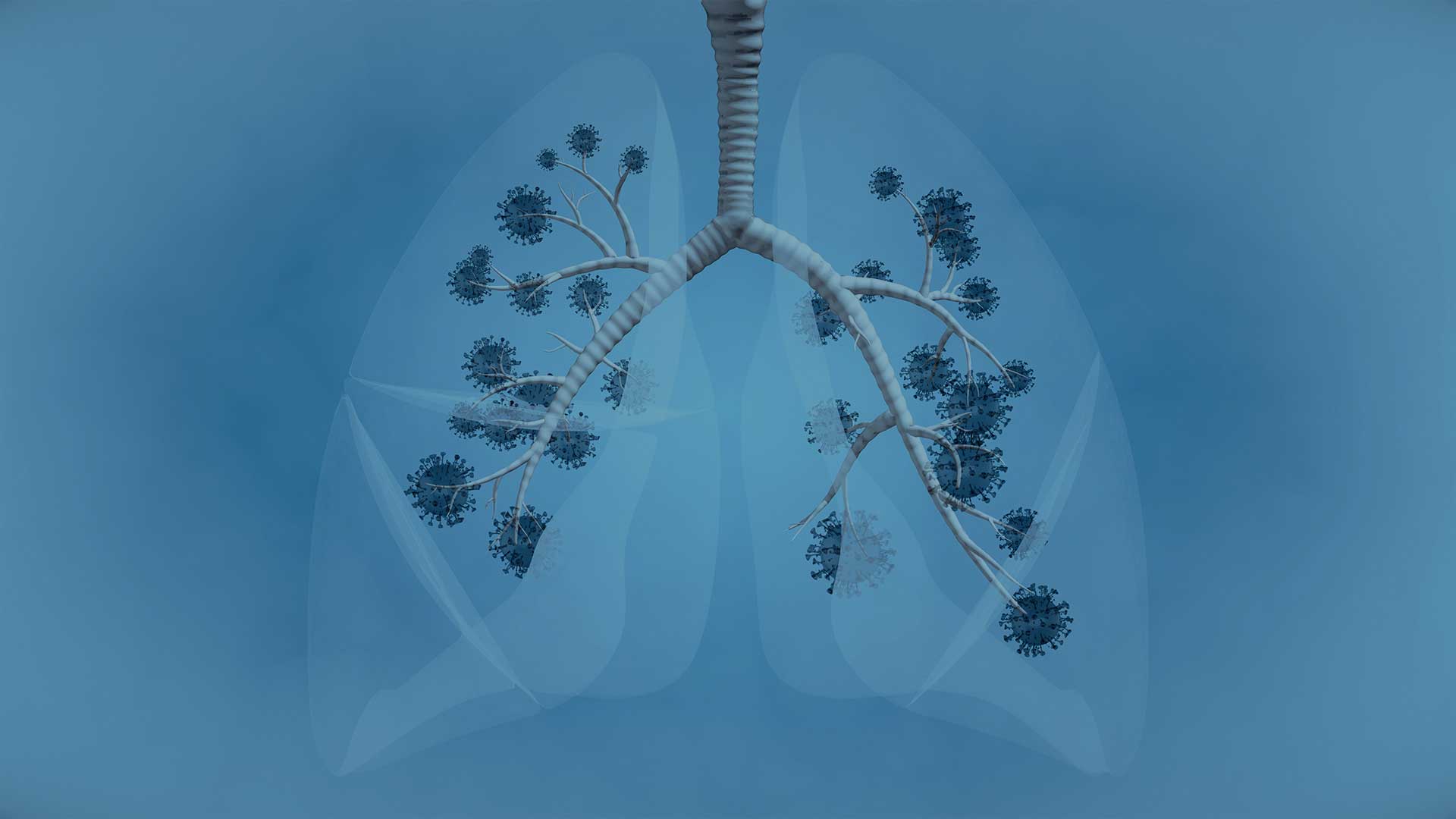Lung cancer diagnosis and coronavirus
The coronavirus (COVID-19) pandemic is causing great concern to people around the world because it poses a potentially significant risk to their health. It is also putting healthcare systems under huge pressure.
Healthcare professionals and others are working tirelessly to provide the best possible care to people affected by the virus in addition to all those with existing conditions and others who become unwell.
While there are guidelines in place, they cannot cover all possible medical situations. Local doctors and other healthcare professionals will make decisions about your care and treatment based on what is most appropriate for you within the constraints of the current situation.
If you are concerned about lung cancer because you have symptoms, it is important that you contact you doctor’s surgery. They will speak to you on the phone or ask you to attend an appointment at the surgery as necessary.
Ask about other, including:
- if you smoke or have smoked and for how long
- If there is any history of cancer in your family
- if you have worked with diesel, certain chemicals and/or asbestos
- When you are talking to your doctor, it can help if you have a written down the symptoms you have experienced, how long you have been having them and how they are impacting on your daily activities. Tell them that you are worried about lung cancer.
- Your doctor may arrange for you to have a nose or throat swab test to check if your symptoms are related to COVID-19. If the test is negative, and they think that your ongoing symptoms need to be investigated, they may refer you for further tests. The first step may be going for an X-ray or a CT scan.
- If your symptoms do not suggest a possible COVID-19 infection, and your doctor has concerns that need to be followed up, they will refer you for further tests.
- Wherever possible, any investigations for lung cancer and subsequent treatment and care will follow current national guidelines. Increasingly, the NHS should be offering a near-normal cancer services except that there will be extensive measures in place to make sure people are not exposed to the virus when they come to the hospital.
- As the pandemic becomes more manageable, cancer services are, where possible, returning to normal in many areas. Many health authorities are managing their services by having “COVID-19 free” sites or areas for treatment and care services to enable those services to be provided and to reduce risk of infection.
- Safety will always remain a high priority, and decisions about the timing and location of tests, assessments and treatment will be made while weighing up possible risk from COVID-19.


